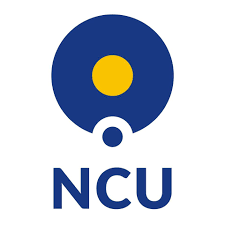Workshop-14-Feb-22
Instructor: Juan Olvido Perea García (National University of Singapore)
Monday 14 February 2022
11:30 – 13:00 (CET)
Introduction: primer on statistical thinking for humanities & social sciences
We will discuss the most basic foundations of statistical thinking, with emphasis on utilizing statistics as a tool to understand data. We will work on conceptual „thought experiment” exercises to warm up and to set the tone of the workshop. Some simple exercises will illustrate statistical operations such as basic descriptive statistics, plots, and a significance test, so it is recommended that attendants bring computers with Excel on it. We will also do some warming up in identifying types of variables.
Tuesday 15 February 2022
13:15 – 15:00 (CET)
The basics of descriptive and inferential statistics
In this one we’ll focus on descriptive statistics with hands-on exercises geared towards equipping attendants with an intuitive understanding of the normal distribution, and why it is important for both descriptive and inferential statistics. We will also explore the close relationship between the normal distribution and boxplots. Excel will be a requirement in this session as well.
Wednesday 16 February 2022
13:15 – 15:30 (CET)
Common tests and their applications
We will outline a typology of tests and models depending on their uses, and will go over their main parts, assumptions, limitations, and variations that have emerged to tackle specific issues like non-normally distributed data, or non-independence of data points. We will carry out conceptual exercises only, so no need for Excel or any other statistical software.
Thursday 17 February 2022
13:00 – 15:30 (CET) [confirmed]
Hands-on pipeline: comparison of means
After all the theory, we’ll be using R to just go through the typical pipeline for comparing means in a couple of simple data sets. This session will be entirely hands-on and interactive. Attendants will be provided with a dataset, and they will have to carry out specific exercises. The relevant functions to carry out a proper analysis in R will be shared together with the data. Individual guidance will be provided throughout the session. By the end of the session, attendants should be familiar with the typical pipeline for comparisons of means.
Friday 18 February 2022
12:00 – 14:30 (CET) [confirmed]
Hands-on pipeline: the real world is scary
We’ll use R again, this time to analyze a real data set from the CLES. Attendants will be provided with a dataset and an explanation of the design and research questions, but no specific instructions will be given as to how to treat or analyze the data. Individual guidance will be provided throughout the session. By the end of the session, attendants should feel comfortable exploring their data to decide on an appropriate analysis.

 Faculty of Humanities
Faculty of Humanities